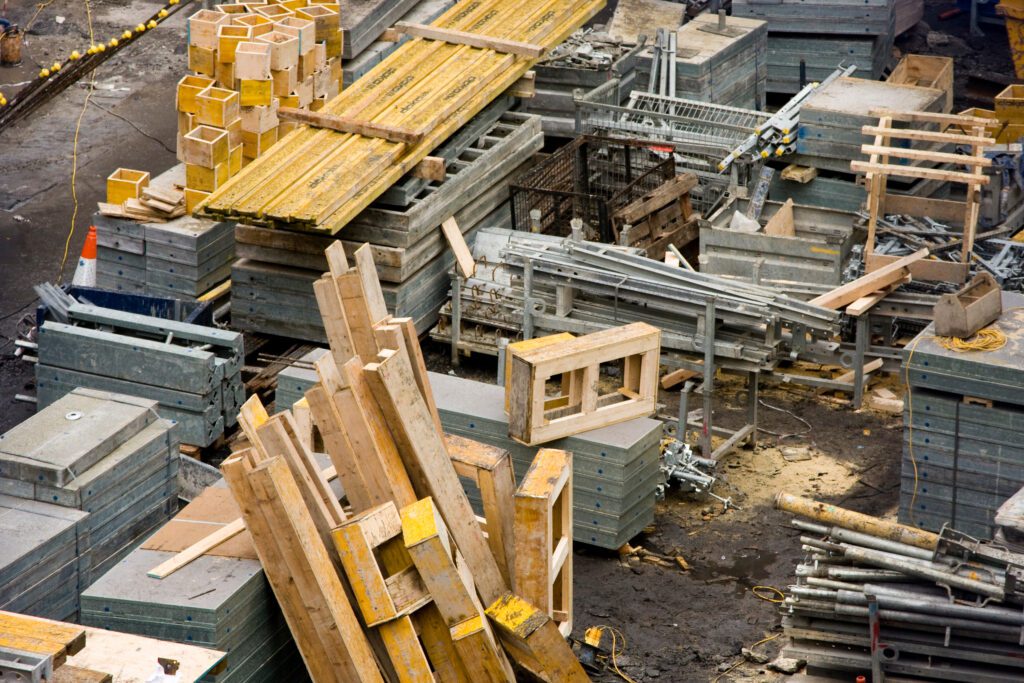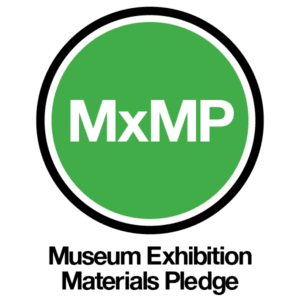Design Ethics with Justin Crane, FAIA
Associate Principal Justin Crane, FAIA explains recent changes to the AIA Code of Ethics and how those changes reflect our evolving societal topics.
View Post
If you knew that the drywall in your building was produced using enslaved labor or that the glazing system came from materials mined by hands that should be holding schoolbooks and toys instead, would you have specified a different product? We think so, and we have an obligation as architects and designers to better understand our project’s supply chains so we can help our clients and colleagues make informed decisions.
As part of our Just Label certification, CambridgeSeven is challenged to improve our social justice credibility through a metric relevant to this pursuit: Equitable Purchasing and Supply Chain.
Equitable Purchasing is a locally-focused measure that recognizes efforts to strengthen the local economy through job creation, contributing to improved public infrastructure, and investment in the future of the firm’s community. The Supply Chain category encourages global responsibility through ethical material and labor sourcing.
Forced labor and human trafficking is a $150 billion industry that feeds much of the US building materials supply chain; 28 million people are currently held in forced labor globally, a number that has steadily risen in the last five years. Many of the enslaved are held at mines, plantations and factories that generate raw and finished products frequently used in buildings in the United States. In fact, the construction industry ranks as the second-highest sector after domestic service in terms of the risk of forced labor.

As a first step towards fighting modern slavery, the Just label includes a process to identify and assess potential negative social impacts in our supply chain or within our selection of contractors. CambridgeSeven is taking real action to eliminate the use of materials that employ modern slavery.

Achieving high marks on the Just label is exceptionally challenging for those in the construction industry. It is large, decentralized and globalized and the lack of innovation has impeded productivity. While global and domestic laws forbid the use of slave labor in the built environment, our buildings remain heavily reliant on products produced unethically because of a lack of transparency. Furthermore, most manufacturers do not track all materials to their sources because illicit co-mingling of raw materials, smuggling, and a lack of oversight in many countries make such tracking almost impossible, for even those manufacturers focused on a more ethical supply stream.
No one would argue with the idea that forced labor and human trafficking are violations of human rights, and the ethics to which we aspire as a profession. None of us want our supply chains tainted with the suffering inherent in modern slavery. Yet it remains difficult for any of us to prevent this, because we, as a profession and industry, are just beginning to understand the issue, to ask the tough questions, and to obtain the information we need to make ethical decisions. At CambridgeSeven we have begun taking steps in the right direction, and we invite everyone to join us.
Associate Principal Justin Crane, FAIA explains recent changes to the AIA Code of Ethics and how those changes reflect our evolving societal topics.
View PostMuseum Magazine
This article about social equity and sustainability ran in the July/August issue of Museum magazine, a member benefit of the American Alliance of Museums.
View PostWe take a look at our own EDI efforts within our office and how we're instilling values in our exhibit designs.
View Post